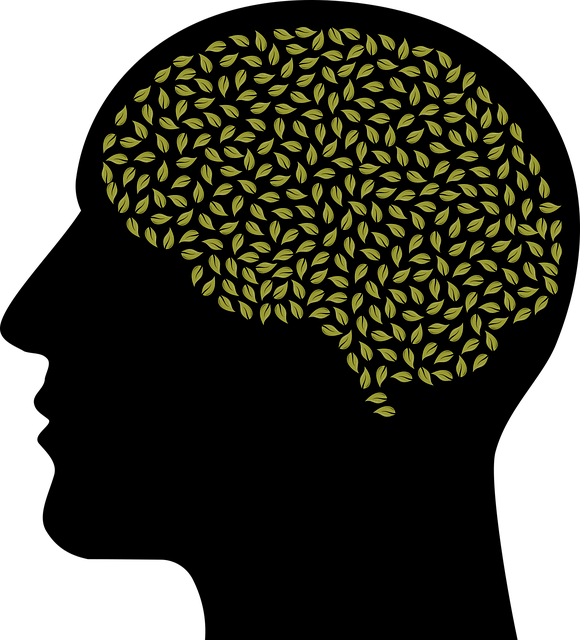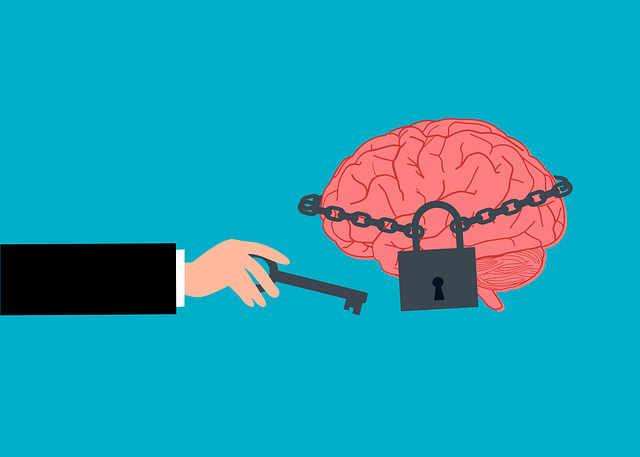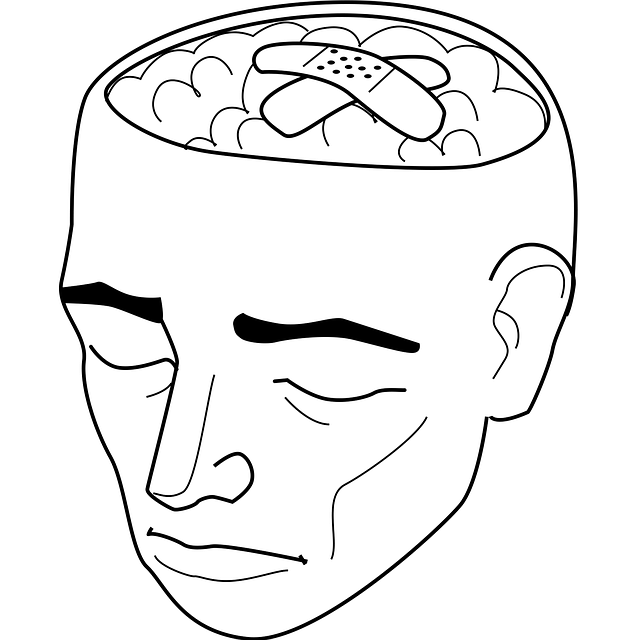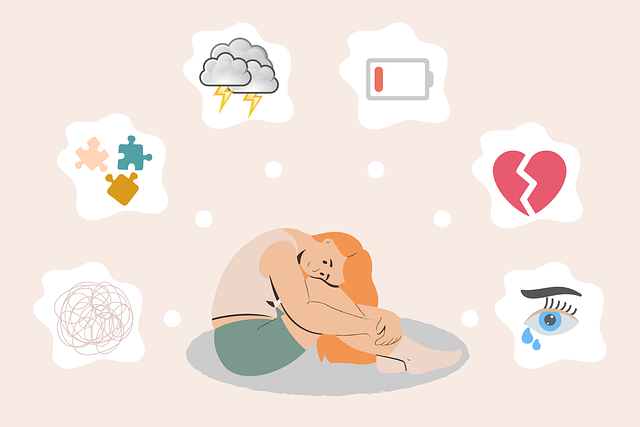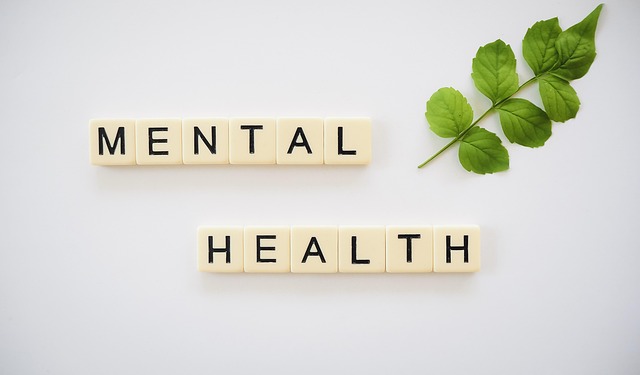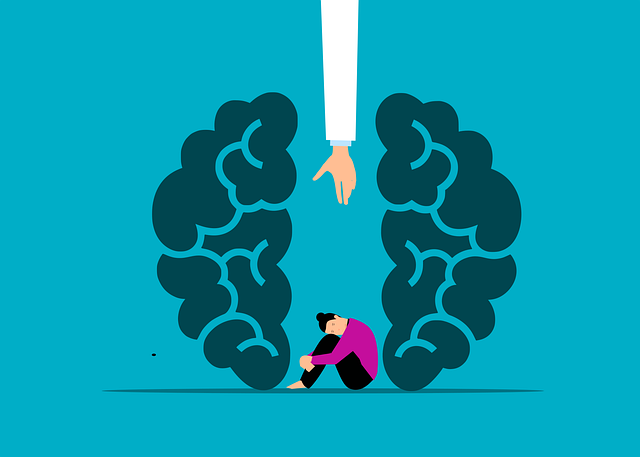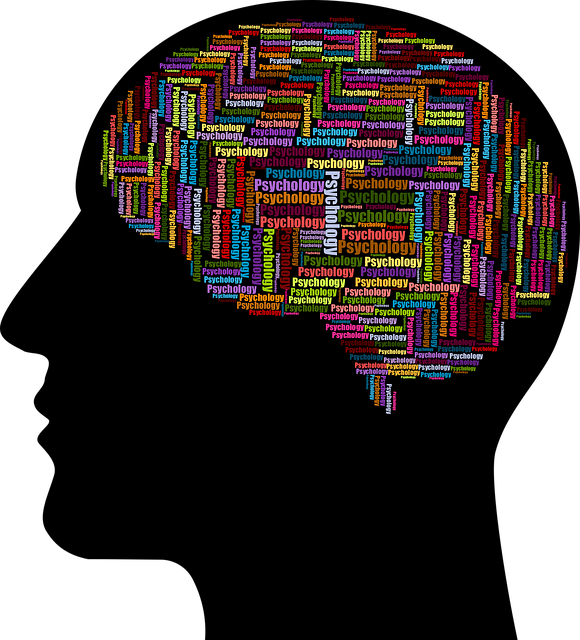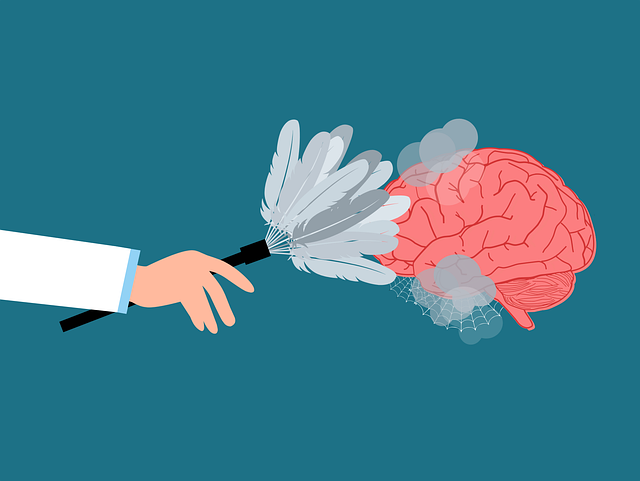Boulder EMDR Therapy is a revolutionary mental health treatment that combines eye movement desensitization with guided dialogue to help individuals process trauma, improve coping skills, and enhance overall well-being. By learning adaptive behaviors, engaging in self-awareness exercises, and participating in stress management workshops, people can develop a robust toolkit for managing stress, overcoming challenges, and recovering from trauma. Integrating these strategies into daily life fosters emotional intelligence, resilience, and mental wellness, reducing symptoms of anxiety, depression, and PTSD.
Coping skills development is an essential process in navigating life’s challenges, especially when recovering from trauma. This article explores the critical role of coping mechanisms and offers a comprehensive guide to enhancing resilience. We delve into various strategies, including Boulder EMDR Therapy, known for its powerful approach to healing. By understanding individual strengths and challenges, one can master effective coping skills, integrate them into daily routines, and foster long-term mental wellbeing.
- Understanding Coping Skills and Their Importance in Overcoming Trauma
- Boulder EMDR Therapy: A Powerful Approach to Enhance Coping Mechanisms
- Identifying Personal Coping Strategies: Strengths and Challenges
- Techniques for Developing Effective Coping Skills
- Integrating Coping Strategies into Daily Life: Tips for Long-Term Wellbeing
Understanding Coping Skills and Their Importance in Overcoming Trauma

Coping skills are adaptive behaviors and strategies that individuals use to manage stress, overcome challenges, and recover from traumatic events. They play a pivotal role in mental health and wellness, especially when navigating through difficult experiences like those treated by Boulder EMDR Therapy. Understanding these skills is crucial because they empower individuals to cope effectively with crises, reducing the potential for long-term mental health issues.
In the context of trauma recovery, coping strategies can range from cognitive techniques like reframing negative thoughts to behavioral approaches such as engaging in physical activity or social support networks. Mental Health Education Programs Design often incorporate crisis intervention guidance to teach these skills, ensuring individuals have tools to recognize and manage their emotional states during challenging times. By developing robust coping mechanisms, folks can enhance their mental wellness and build resilience against future traumas.
Boulder EMDR Therapy: A Powerful Approach to Enhance Coping Mechanisms

Boulder EMDR Therapy is a groundbreaking approach that has gained recognition for its effectiveness in enhancing coping mechanisms and promoting mental well-being. This therapeutic method, short for Eye Movement Desensitization and Reprocessing, involves guiding individuals through specific eye movements while recalling traumatic or distressing memories. The unique aspect of Boulder EMDR Therapy lies in its ability to help clients process these difficult experiences, reducing their emotional intensity over time.
By combining rapid eye movements with guided dialogue, therapists assist individuals in reframing negative beliefs and replacing them with healthier, more adaptive thoughts. This process not only enables better coping skills but also boosts confidence and enhances conflict resolution techniques. Moreover, Boulder EMDR Therapy can be integrated into Social Skills Training to help people develop a stronger sense of self-efficacy in various social settings. Through this innovative therapy, individuals can transform their relationship with challenging memories, fostering resilience and emotional stability.
Identifying Personal Coping Strategies: Strengths and Challenges

Identifying personal coping strategies is a crucial step in developing effective resilience. This process involves exploring one’s unique strengths and challenges. Every individual has their own way of dealing with stress, emotions, and difficult situations. Some common strengths that can enhance coping skills include emotional intelligence, problem-solving abilities, and access to supportive networks. For instance, Boulder EMDR Therapy offers powerful tools for processing traumatic memories and enhancing self-regulation.
On the other hand, challenges such as lack of self-awareness, avoidance behaviors, or insufficient communication strategies may hinder effective coping. Engaging in Self-Awareness Exercises can help individuals recognize these challenges and understand their emotional triggers. Additionally, integrating Stress Reduction Methods, like mindfulness practices, into daily routines can significantly contribute to building a robust coping toolkit. Effective communication is also vital; sharing feelings and experiences with trusted friends, family, or professionals can provide valuable support during stressful times.
Techniques for Developing Effective Coping Skills

Developing effective coping skills is a vital component of overall well-being, and there are numerous techniques to enhance your resilience in the face of life’s challenges. One powerful approach is Boulder EMDR Therapy, which helps individuals process traumatic memories and negative beliefs, thereby fostering emotional healing and growth. This therapy technique has been shown to be effective in reducing symptoms of anxiety, depression, and post-traumatic stress disorder (PTSD).
Beyond individual therapy, cultivating emotional intelligence plays a significant role in coping. Recognizing and understanding emotions, both your own and others’, allows for better management and regulation. Community outreach programs that promote mental health awareness and provide stress management workshops organization can also empower individuals to develop healthy coping strategies. These initiatives facilitate open conversations about emotional well-being, encouraging support networks and accessible resources within communities.
Integrating Coping Strategies into Daily Life: Tips for Long-Term Wellbeing

Integrating coping strategies into daily life is essential for long-term wellbeing, and Boulder EMDR Therapy offers powerful tools to achieve this. Effective coping isn’t about eliminating challenges but rather developing a toolkit to navigate them healthily. Start by identifying triggers and understanding your emotional responses; this self-awareness is the first step towards change. Incorporate strategies like mindfulness meditation, deep breathing exercises, or engaging in hobbies that foster relaxation and joy. These practices, inspired by Trauma Support Services, can significantly reduce Anxiety Relief and enhance emotional resilience.
Consider incorporating routines that nurture Emotional Intelligence—a key component of overall health. Regular self-reflection, setting boundaries, and practicing assertiveness contribute to a balanced mental state. Additionally, connecting with a supportive community or seeking professional guidance from therapists who specialize in EMDR can provide valuable frameworks for coping. By seamlessly integrating these strategies into daily life, individuals can cultivate lasting resilience and promote their overall wellbeing.
In conclusion, developing coping skills is an essential aspect of managing trauma and fostering long-term mental wellbeing. By understanding the significance of these skills, individuals can empower themselves through techniques like Boulder EMDR Therapy, which offers a powerful approach to enhance coping mechanisms. Recognizing personal strengths and challenges in coping strategies is key, allowing for tailored growth. Integrating effective coping skills into daily life, as discussed, provides tools to navigate stressors and promote resilience, ultimately contributing to an improved quality of life.

